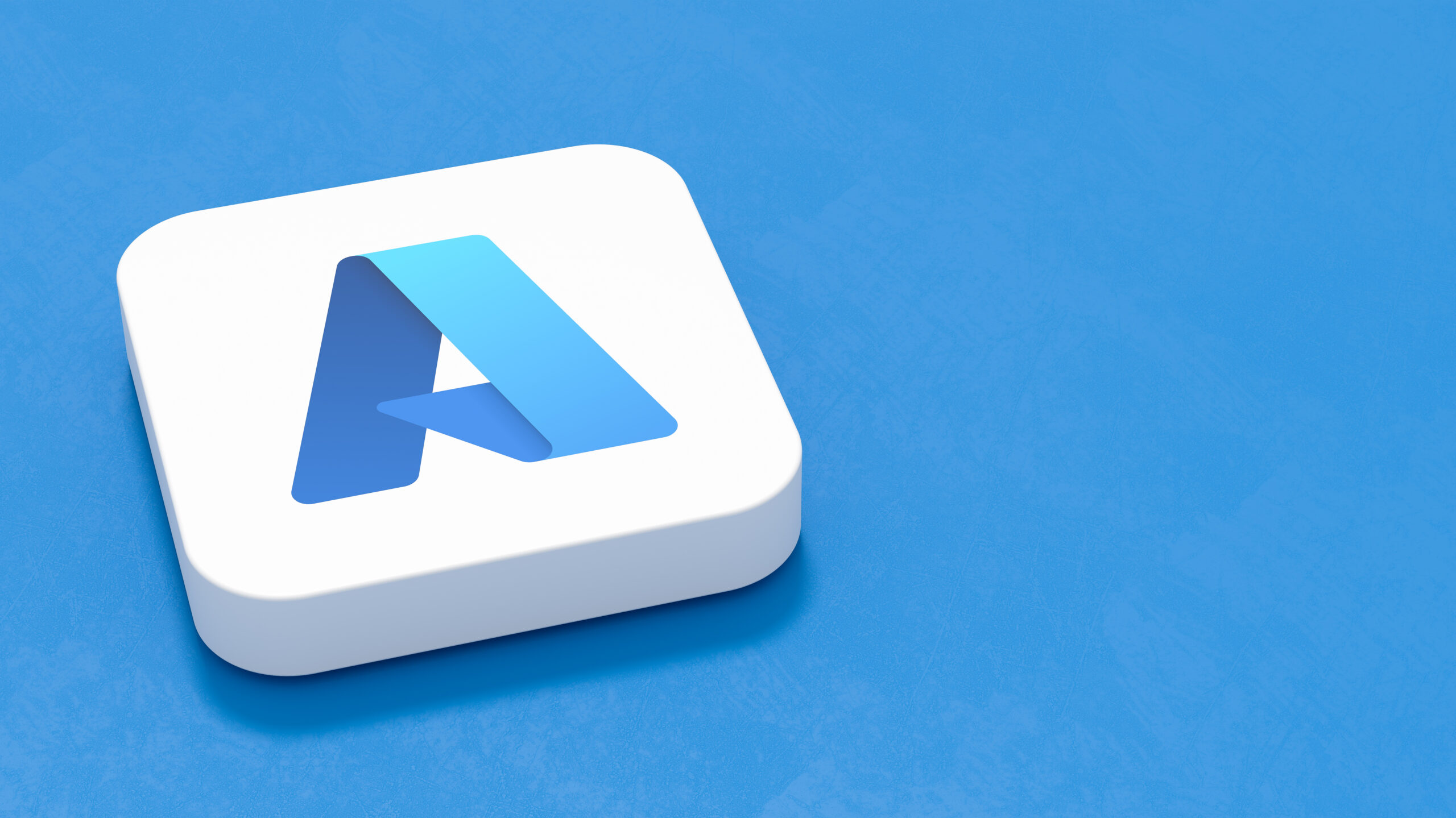Covered in this article:
AI-Powered Insights: Exploring OpenAI Integration in Azure
Harnessing the Future of IT with Cutting-Edge AI Technologies
The realm of artificial intelligence (AI) is rapidly evolving, and its integration within various platforms is reshaping industries globally. For IT decision-makers, staying abreast of these advancements is crucial for maintaining a competitive edge and driving innovation. One of the most promising developments in recent times is the integration of OpenAI within Microsoft’s Azure platform. This combination offers unprecedented opportunities for businesses to leverage AI-powered insights, streamline operations, and enhance decision-making processes.
The Power of OpenAI
OpenAI, a leading AI research and deployment company, has made significant strides in developing advanced AI models capable of understanding and generating human-like text. These models are designed to tackle a wide array of tasks, from natural language processing and translation to content creation and data analysis. By integrating OpenAI’s capabilities within Azure, Microsoft has created a powerful synergy that allows businesses to harness the full potential of AI.
Why Azure?
Microsoft Azure is a comprehensive cloud computing platform that provides a wide range of services, including analytics, storage, and networking. It is known for its robust infrastructure, scalability, and security, making it an ideal choice for businesses looking to integrate AI solutions. Azure’s extensive suite of tools and services enables seamless integration of OpenAI models, allowing organizations to leverage AI without the need for extensive technical expertise.
Benefits of Integrating OpenAI in Azure
- Enhanced Data Analysis: OpenAI’s advanced models can process and analyze vast amounts of data quickly and accurately. This capability is invaluable for businesses that rely on data-driven decision-making, as it enables them to uncover insights that would otherwise remain hidden.
- Improved Customer Engagement: AI-powered chatbots and virtual assistants, powered by OpenAI, can provide personalized and efficient customer service. These tools can handle a wide range of inquiries, freeing up human agents to focus on more complex tasks.
- Streamlined Operations: Automation of routine tasks through AI reduces the burden on IT staff, allowing them to focus on strategic initiatives. This leads to greater efficiency and productivity across the organization.
- Scalability: Azure’s cloud infrastructure ensures that AI solutions can scale seamlessly with business growth. Organizations can start small and expand their AI capabilities as needed, without worrying about infrastructure limitations.
- Security and Compliance: Microsoft Azure is renowned for its security features and compliance with industry standards. Businesses can confidently implement AI solutions, knowing that their data is protected.
Real-World Applications
The integration of OpenAI within Azure is not just a theoretical concept; it has real-world applications that are transforming industries. Here are a few examples:
Healthcare
In the healthcare sector, AI-powered insights can lead to improved patient outcomes and operational efficiencies. OpenAI models can analyze patient data to identify trends and predict potential health issues, enabling proactive care and reducing hospital readmissions. Additionally, AI-driven virtual assistants can assist patients with scheduling appointments, accessing medical records, and providing personalized health advice.
Finance
Financial institutions are leveraging AI to enhance fraud detection, risk management, and customer service. OpenAI models can analyze transaction data to identify suspicious activities, reducing the risk of fraud. They can also provide personalized financial advice to customers, helping them make informed investment decisions.
Retail
In the retail industry, AI-powered insights are being used to optimize inventory management, enhance customer experiences, and drive sales. OpenAI models can analyze purchasing patterns to forecast demand accurately, ensuring that inventory levels are optimized. Additionally, AI-driven chatbots can provide personalized product recommendations, improving customer satisfaction and loyalty.
Up-to-Date Statistics
To truly understand the impact of integrating OpenAI within Azure, it’s important to look at some of the latest statistics in the AI and cloud computing landscape:
- AI Adoption: According to a report by McKinsey, the adoption of AI has more than doubled in the last five years, with 50% of organizations reporting that they have implemented AI in at least one business function.
- Market Growth: The global AI market is projected to grow from $58.3 billion in 2021 to $309.6 billion by 2026, at a CAGR of 39.7%, as reported by MarketsandMarkets.
- Cloud Computing: Gartner predicts that by 2025, 85% of enterprises will have a cloud-first principle, with cloud platforms playing a crucial role in their digital transformation strategies.
- Azure’s Market Share: As of 2023, Microsoft Azure holds a 21% share of the global cloud infrastructure market, second only to Amazon Web Services (AWS), according to Synergy Research Group.
The integration of OpenAI within Azure represents a significant advancement in the field of AI and cloud computing. For IT decision-makers, this presents an opportunity to harness the power of AI to drive innovation, improve efficiency, and gain a competitive edge. By leveraging AI-powered insights, businesses can unlock new possibilities and transform their operations in ways previously unimaginable.
As the AI landscape continues to evolve, staying informed and embracing these technologies will be crucial for businesses aiming to thrive in the digital age. The collaboration between OpenAI and Azure sets a new standard for what is possible, and the future looks incredibly promising for those ready to take the leap.


